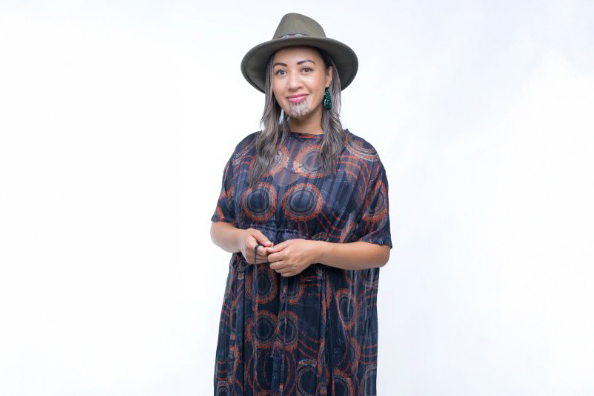Pregnant Women and Midwives ‘Invisible’ in Crisis Planning - New Research Urges Government to Act
New Zealand’s emergency management reforms must urgently include maternity care and Māori leadership, according to new research released in July.
Dr Sarah Lockwood, Kairuruku Business at Te Wānanga o Aotearoa, who led a Health Research Council-funded study on maternity care during Cyclone Gabrielle, says the Government’s new roadmap to strengthen emergency management is a chance to close long-standing gaps.
“Pregnant women and their babies cannot be left invisible in disaster planning. During Cyclone Gabrielle, midwives were often the first and only responders for heavily pregnant and birthing women but they were left out of the official response. Māori wāhine and their whānau faced the sharpest inequities,” Dr Lockwood said.
Key findings from the study which examined maternal equity during Cyclone Gabrielle revealed:
- Cyclone Gabrielle cut off maternity care in many rural and coastal areas, leaving some heavily pregnant and birthing women isolated from care
- Midwives were often forced to navigate unsafe conditions to support birthing and pregnant women, whilst simultaneously shouldering the roles of counsellor, crisis manager, and social worker for many whānau
- Grassroots responses were particularly visible among Māori midwives, who established ad-hoc clinics in community spaces and mobilised supplies, food, and whānau support. Chronic underinvestment within the midwifery system was further exacerbated during the crisis - exposing systemic vulnerabilities that disproportionately affected Māori midwives and mothers, reinforcing pre-existing inequities
- Several midwives considered leaving the profession, citing exhaustion, disposability, and lack of institutional care. The absence of clear emergency protocols, financial relief, and mental health support compounded workforce fragility, highlighting chronic underinvestment and systemic neglect. Midwives’ stoicism ensured continuity of care, but at unsustainable personal cost.
United Nations have identified pregnant women as among the most vulnerable populations during a climate crisis, with indigenous women further directly threatened - these events act as health threat multipliers and exasperate inequities even further. Climate change events are considered one of the biggest threats to achieving global targets for maternal health, and yet community midwives are not recognised within our crisis response frameworks.
Dr Lockwood’s research calls for midwifery-led continuity of care models to be embedded into emergency planning, formal representation for midwives in decision-making, and greater integration of Māori knowledge systems into crisis response.
“The Government’s roadmap is timely, and we have an opportunity to be world leaders in terms of giving community midwives a seat at the table in emergency response planning. But unless maternity care and Māori-led solutions are recognised as a critical part of building a climate resilient future, we risk repeating the failures of Cyclone Gabrielle. This is about health equity and the wellbeing of future generations,” Dr Lockwood said.
Dr Lockwood was awarded a grant from Health Research Council of New Zealand to undertake this research. She was engaged as a Kahāpai Rangahau Matua for Te Manawahoukura.




































